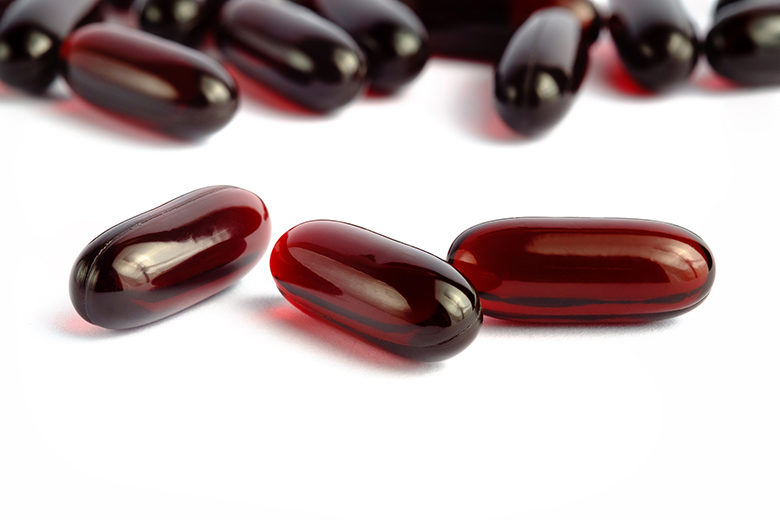
Omega 3 fatty acids are known to help reduce LDL (“bad”) cholesterol levels, reduce triglyceride levels (fats from carbohydrate intake), increase HDL (“good”) cholesterol levels, and generally are beneficial to help reduce risk of cardiovascular disease. The reason is because HDL helps carry LDL (which attaches to your arteries and can cause high blood pressure, clots, etc.) to the liver for disposal.
There are three types of Omega 3 fatty acids that we find mostly in food: DHA, EPA and ALA. The body benefits from DHA, so EPA and ALA have to work in the body to develop into DHA. This causes absorption to be slightly affected and takes longer for the body to actually use the DHA.
Now let’s talk about the key Omega 3 fatty acids player: fish oil. Fatty fishes such as salmon, arctic char, mackerel and sardines have the highest levels, but consuming these fish frequently enough to benefit from their Omega 3 content can be difficult. Fish oil supplements help people achieve healthy levels of Omega 3. But the downside to fish oil is the primary component … fish. First, the fish needed to produce the supplements are a restricted resource. Second, those who don’t eat fish usually don’t wish to use the supplements, but they still need Omega 3.
Though a lot of various non-fish Omega 3 supplements have been developed, the newest member on the Omega 3 team, krill oil, is picking up a lot of steam in the media. Krill is a species of zooplankton (remember high school science class?) that is in abundance in the earth’s waters, contains a healthy dose of Omega 3 fatty acids DHA and EPA, and comes in phospholipid form. Phospholipids are used by our bodies already preferentially, so it has been hypothesized — but not yet proven — that we absorb Omega 3s in phospholipid form better.
Current research also shows that krill oil supplements have the same beneficial effect on increasing DHA and EPA levels as fish oil supplements, even though krill oil actually contains less DHA and EPA. This supports the hypothesis of the body’s preferred bioavailability of Omega 3s from krill oil over fish oil, but further research is needed to confirm this. Furthermore, the increase of HDL has the same triglyceride-reducing effect on the body as fish oil. In fact, these results have been found when using about 65 percent the amount of krill oil over fish oil. This means you actually need less krill oil to achieve the same benefits as fish oil. According to current research, it seems that krill oil supplements — in smaller doses — have the same benefits as fish oil supplements, though the regular intake of fish as part of a healthy diet is still recommended.
References:
- Ulven SM, et al. Metabolic Effects of Krill Oil are Essentially Similar to Those of Fish Oil but at Lower Dose of EPA and DHA, in Healthy Volunteers. Lipids. 2011;46:37-46.
- Maki KC, et al. Krill oil supplementation increases plasma concentrations of eicosapentaenoic and docosahexaenoic acids in overweight and obese men and women. Nutrition Research. 2009;29:609-615.
- Cunningham, E. Are Krill Oil Supplements a Better Source of n-3 Fatty Acids than Fish Oil Supplements? Journal of the Academy of Nutrition and Dietetics. 2012;112:344.







